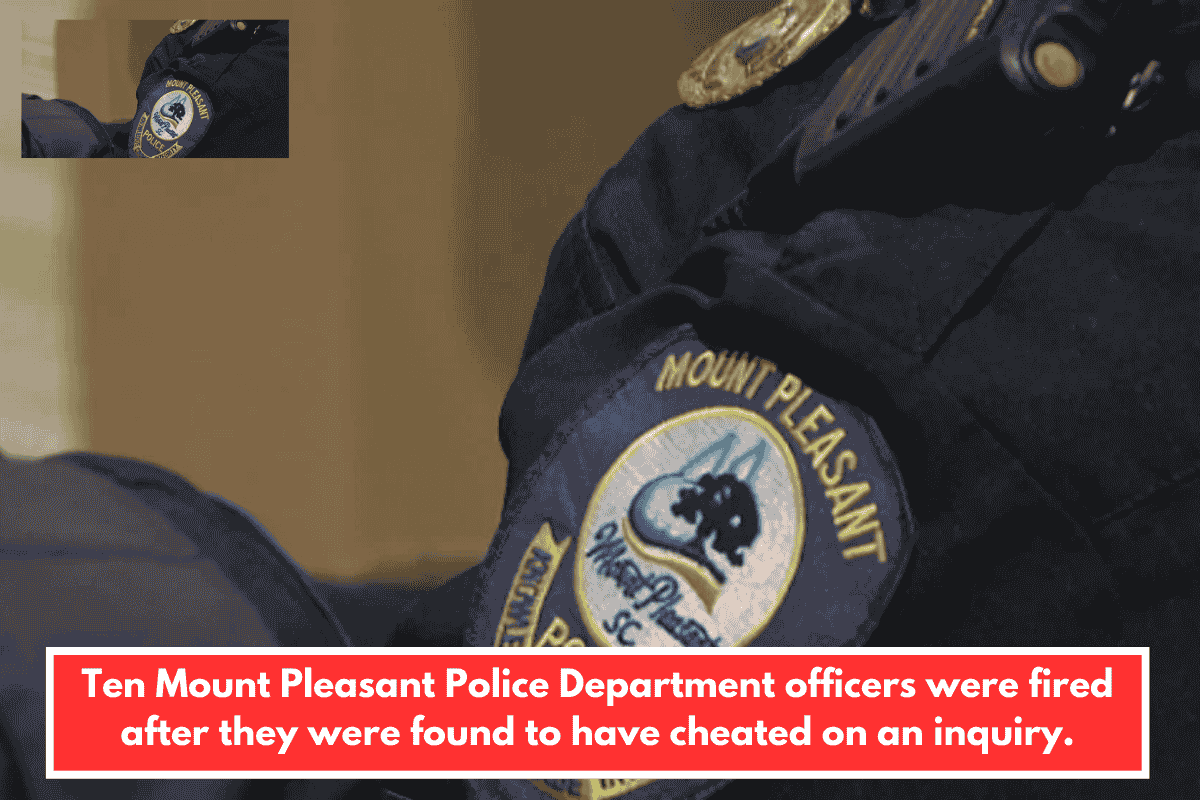No, Pennsylvania police cannot search your phone during a traffic stop without your consent or a valid search warrant, except in rare emergency situations.
What the Law Says
- Warrant Requirement:
Both the Pennsylvania Supreme Court and the U.S. Supreme Court have made it clear: police need a search warrant to access the contents of your cell phone. This rule applies even if you are stopped or arrested during a traffic stop. - Consent Exception:
If you voluntarily give police permission to search your phone, they do not need a warrant. You have the right to refuse consent. - Exigent Circumstances:
In very rare situations—such as when police believe an immediate search is necessary to prevent imminent harm or the destruction of evidence—they may search your phone without a warrant. However, these situations are narrowly defined and often subject to later legal challenge. - Seizure vs. Search:
Police may seize (take) your phone during an arrest, but accessing or searching its contents still requires a warrant.
Relevant Legal Precedents
- Riley v. California (2014):
The U.S. Supreme Court unanimously ruled that police must obtain a warrant to search the digital contents of a cell phone, even after an arrest. The Court recognized that cell phones contain vast amounts of personal information deserving of strong privacy protections. - Commonwealth v. Fulton (2018, PA Supreme Court):
The Pennsylvania Supreme Court reinforced that accessing any information from a cell phone without a warrant violates both the U.S. and Pennsylvania Constitutions.
Your Rights During a Traffic Stop in Pennsylvania
- You do not have to consent to a search of your phone or belongings.
- If police ask to look at your phone, you can politely decline.
- If police search your phone without a warrant or your consent, any evidence they find may be challenged and potentially excluded in court.
Key Takeaways
- Police need a warrant or your consent to search your phone during a traffic stop in Pennsylvania.
- You have the right to refuse a search.
- Exceptions are extremely limited and closely scrutinized by courts.
If you believe your rights were violated during a traffic stop or phone search, consult a qualified defense attorney.
SOURCES
[1] https://yountslaw.com/police-phone-searches/
[2] https://goldsteinmehta.com/blog/pa-superior-court-search-of-cell-phone-after-expiration-of-search-warrant-violates-fourth-amendment
[3] http://lawlancaster.com/pa-supreme-court-puts-police-notice-want-obtain-information-cell-phone-get-warrant/
[4] https://www.ebsco.com/research-starters/law/riley-v-california
[5] https://www.govtech.com/public-safety/can-police-search-your-phone-during-a-traffic-stop














